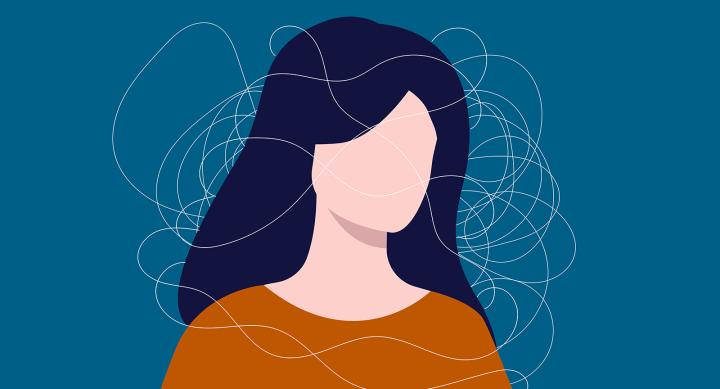
An interdisciplinary team from The University of Texas at Austin, including UT Austin School of Nursing professors Shelli Kesler, PhD, and Ashley Henneghan, PhD, RN, FAAN; Neuroimaging Research Associate Alexa De La Torre Schutz; PhD student Oscar Franco-Rocha, BSN, RN; and alumna Kimberly Lewis, PhD, RN, CGCN; along with Dell Medical School colleagues Rija M. Aziz, MBBS; W. Michael Brode, MD; and Esther Melamed, MD, PhD, recently published a study in Nature Portfolio titled “Altered functional brain connectivity, efficiency, and information flow associated with brain fog after mild to moderate COVID-19 infection.”
This study investigates the impact of COVID-19 on cognitive function and brain connectivity. The research team analyzed 49 adults, some with and some without a history of COVID-19, using cognitive tests and MRI scans. They found that individuals who had COVID-19 demonstrated significantly lower cognitive function and reduced brain connectivity in multiple regions. These brain changes were linked to subjective cognitive decline and fatigue. Additionally, altered connectivity was associated with lower efficiency in information processing, which could explain the "brain fog" reported by patients, even if their objective cognitive performance remained relatively normal.